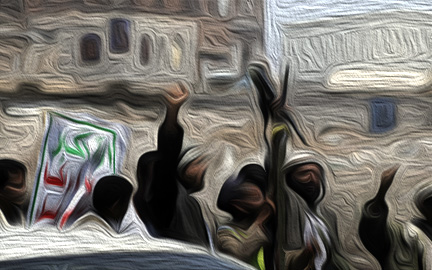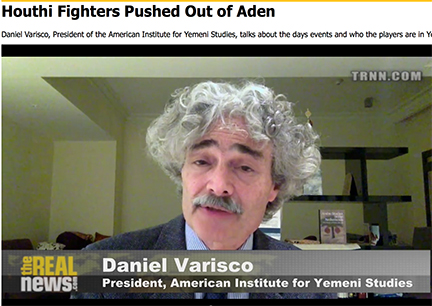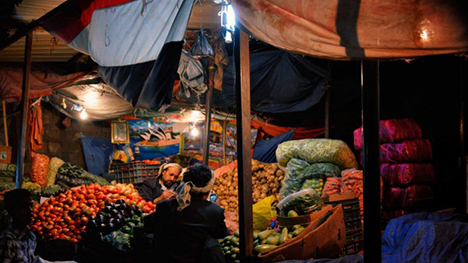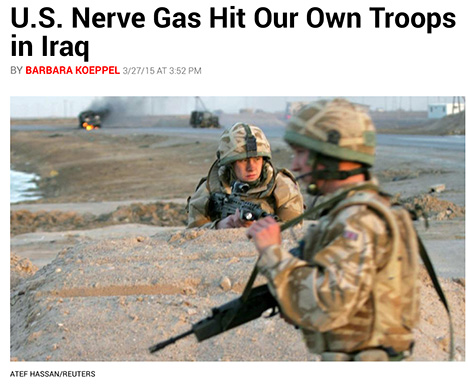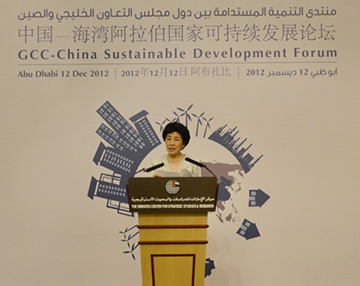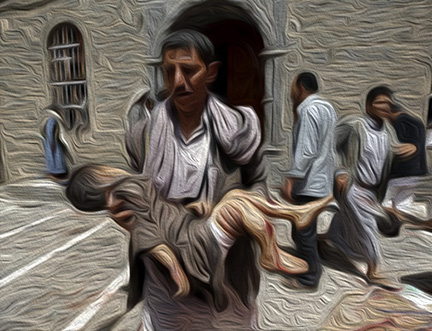
Do bodies count or do we just count bodies? The tally of victims over the past week continues at a fierce pace. The dead in Yemen are not even being counted as many corpses now are rotting where they fall. UNICEF says only 74 Yemeni children have been killed since the bombing by the Saudi Coalition began, but that is surely an understatement. Hundreds of civilians have died and numerous soldiers and militia on both sides. A few days ago Somali Shabab ruthlessly murdered almost 150 students at Garissa University in Kenya, separating the Christians out from the Muslims. Add this to the killing by Boko Haram in Nigeria. Now in Tikrit mass graves are being found that tell the story of 1700 Iraqi soldiers executed. And ISIS has now taken over most of the Yarmouk Palestinian Camp in Damascus with more dead bodies and many more to come.
We are witnessing a killing frenzy, but the daily reports might as well be a Hollywood film or a shoot-em-up video game. How many bodies must there be before the killing stops? Operation Decisive Storm in Yemen is turning out not to be decisive but divisive, creating chaos in Saudi Arabia’s poor neighbor to the south. The shock-and-awe strategy is no doubt appealing to the arms dealers worldwide; their champagne glasses must be tinkling with every bomb that is dropped. The massive arsenal raining down destruction on Yemen can easily be replaced, but not the bodies of the victims. The killing continues on the ground as well in Yemen, a political nightmare engineered by former President Ali Abdullah Salih to regain power. But what would he regain power over? A country devastated beyond the current economic collapse, a land where his unchecked gluttony left Yemen the poorest country in the region, a people pitted against each other with the encouragement of foreign powers? A pile of corpses as high as a mountain, a mountain of utter despair? Continue reading Do Bodies Count…
